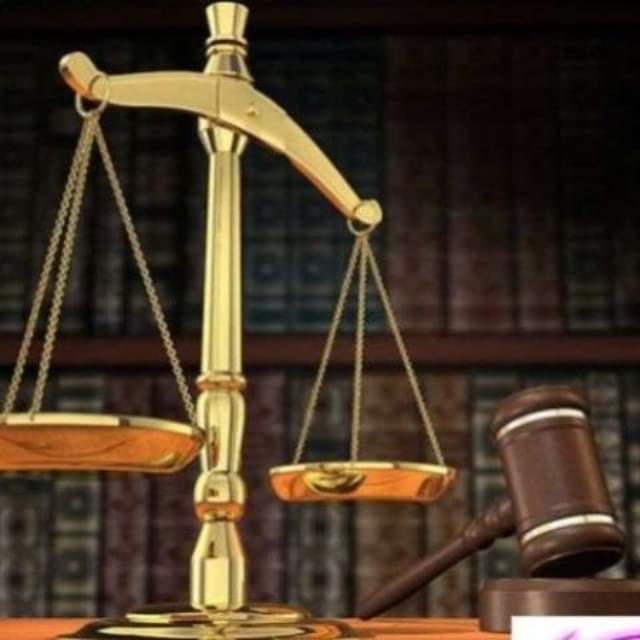
The Nigerian Bar Association has withdrawn its invitation to Kaduna State Governor, Nasir el-Rufai, following protests from some lawyers.
The NBA said this in a tweet on Thursday via its Twitter handle @NigBarAssoc.
The tweet read, “The National Executive Committee of the Nigerian Bar Association at its ongoing meeting resolves that the invitation to the Kaduna State Governor, H.E. Nasir El-Rufai, by the 2020 Annual General Conference Planning committee be withdrawn and decision communicated to the Governor.”
A petition to stop the governor from attending the Annual General Conference which was started by a lawyer, Usani Odum, had garnered over 3,150 signatures on Change.Org as of 4 pm on Thursday.
In a separate letter titled, ‘Request to Withdraw the Offer of Platform at the 2020 Annual General Conference of the NBA to Mallam Nasir el-Rufai,’ addressed to the Chairman, Technical Committee on Conference Planning, NBA, Prof. Koyinsola Ajayi, some lawyers said the governor must not be allowed to speak at the conference.
The letter, which was signed by Silas Onu and Auta Nyada, listed 10 allegations against el-Rufai and his son, Bello, who is a Special Adviser to Kaduna Central lawmaker, Senator Uba Sani.
They faulted the NBA for inviting el-Rufai, citing his alleged poor human rights record and his inability to stop the killings, particularly in southern Kaduna.
The lawyers also referenced many controversial utterances of the governor, including a threat during the run-up to the general elections in 2019 that any foreigner that interfered in the poll would leave Nigeria in body bags.
The NBA virtual conference, which holds from August 24-26, 2020, is expected to have Vice-President Yemi Osinbajo and the Attorney-General of the Federation, Abubakar Malami (SAN), in attendance.
Others expected to speak at the event include former Governor Peter Obi of Anambra State, Governor Wike of Rivers State and a former Minister of Education, Oby Ezekwesili.
The theme of the conference is: ‘Am I a Nigerian – A Debate on National Identity, the Indigeneship-Citizenship Conundrum.’
By Eniola Akinokutu













